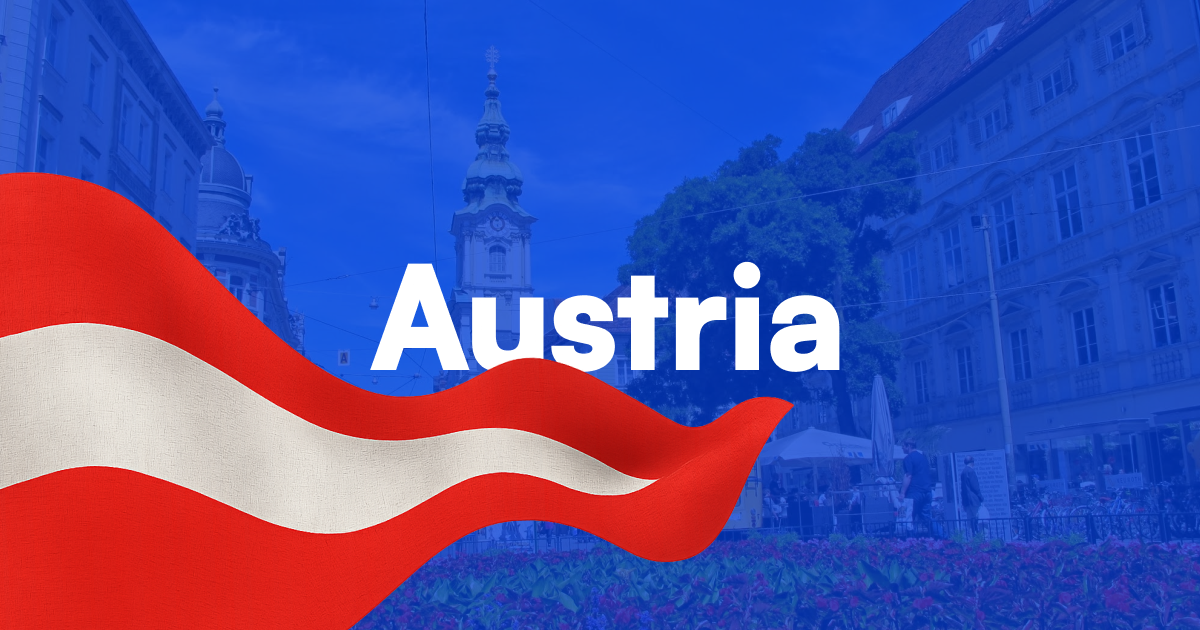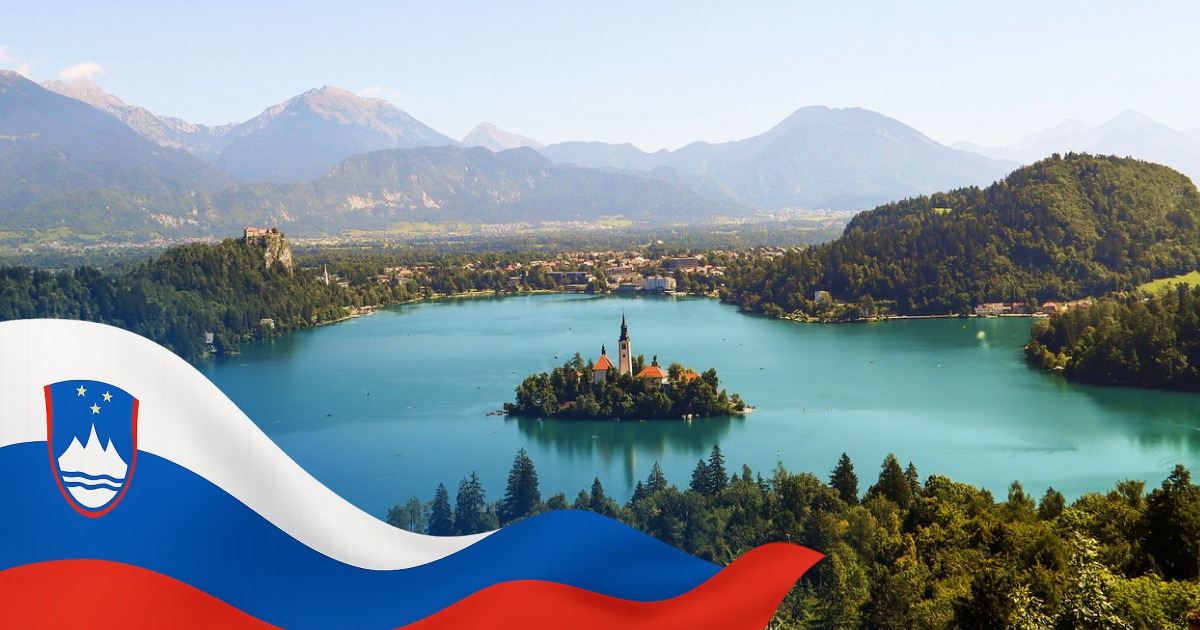Germany - Sick Man or Phoenix of Europe: What Will the 2025 Elections Bring?
02/02/2025

Germany has been in recession for two years. Businesses believe that after the upcoming federal elections, a radical economic-political turnaround is needed. While some see crisis, others recognize an opportunity for transformation of Europe's largest economy. What does German industry demand from the new government in Berlin, and what opportunities are emerging amid these challenges?
Business Community Raises the Alarm
"The economy is declining. Unemployment is rising. Germany is becoming less attractive to investors," warns Rainer Dulger, President of the Employers' Association. His list of demands is clear: lower energy costs, reduced taxes, more financial incentives for investments, more flexible labor laws, a freeze on social spending, and, above all, less bureaucracy.
According to Deutsche Welle, the situation in industry is particularly challenging. The Federal Association of German Industry (BDI) reports that production today is lower than five years ago. "A country that becomes increasingly expensive for investments must become better and better if it wants to remain an investment destination. But this is no longer the case in Germany," emphasizes Dulger.
Challenges, but Also Opportunities
However, behind the seemingly gloomy picture lie significant opportunities. While traditional industrial sectors are undergoing painful adjustment, new areas of growth are emerging:
• Green Transformation: The transition to renewable energy creates demand for new technologies and experts
• Digitalization: Germany is rapidly modernizing its industrial base
• Skilled Labor: Demand for qualified workers remains high, especially in technical professions
New Era for Skilled Workers
Despite economic challenges, the German labor market continues to strongly demand qualified professionals. Electricians, plumbers, welders, and other technical experts are particularly valued. As the country invests in infrastructure renewal and green transition, the need for skilled workers could grow further.
What Will the Elections Bring?
The upcoming federal elections on February 23rd are being attributed almost fateful significance. A major action planned for January 29th, bringing together about 100 business associations, sends a clear message to politicians: a turnaround is needed.
However, regardless of the election outcome, Germany retains its key advantages:
• Strong industrial base
• Premium technological expertise
• Stable business environment
• Leading role in European economy
Looking Across the Atlantic
A particular challenge is posed by Donald Trump's announced return to the White House. The USA became Germany's most important trading partner in 2024, receiving about 10% of German exports. Trump has announced stricter trade controls and new tariffs, which particularly concerns German exporters.
Concrete Employment Opportunities
Despite economic challenges, there is currently significant demand for qualified workers in several key sectors:
Construction Sector and Installations
• Electricians and electrical installers (especially in Bavaria and North Rhine-Westphalia)
• Plumbers and heating installers
• Drywall installers
• Carpenters and construction workers (especially in Munich and southern Germany)
Industry and Manufacturing
• Industrial electricians and electrical assemblers
• Metalworkers and welders
• Production workers (including specialized positions like rail vehicle production)
Professional Staff
• Construction site managers
• Technical personnel
• Medical workers
It's important to note that many companies offer:
• Long-term contracts
• Relocation assistance
• Professional development opportunities
• Competitive salaries in line with German standards
Conclusion
Although Germany is going through a difficult period of adjustment, significant opportunities lie behind the current challenges. For workers from Croatia and the region, this could be an ideal time to enter the German labor market. Countries undergoing transformation often offer the best opportunities to those ready to participate in the changes.
Germany may currently be the "sick man of Europe," but history shows that Europe's largest economy always manages to recover—often emerging from crisis stronger and more competitive than before.







